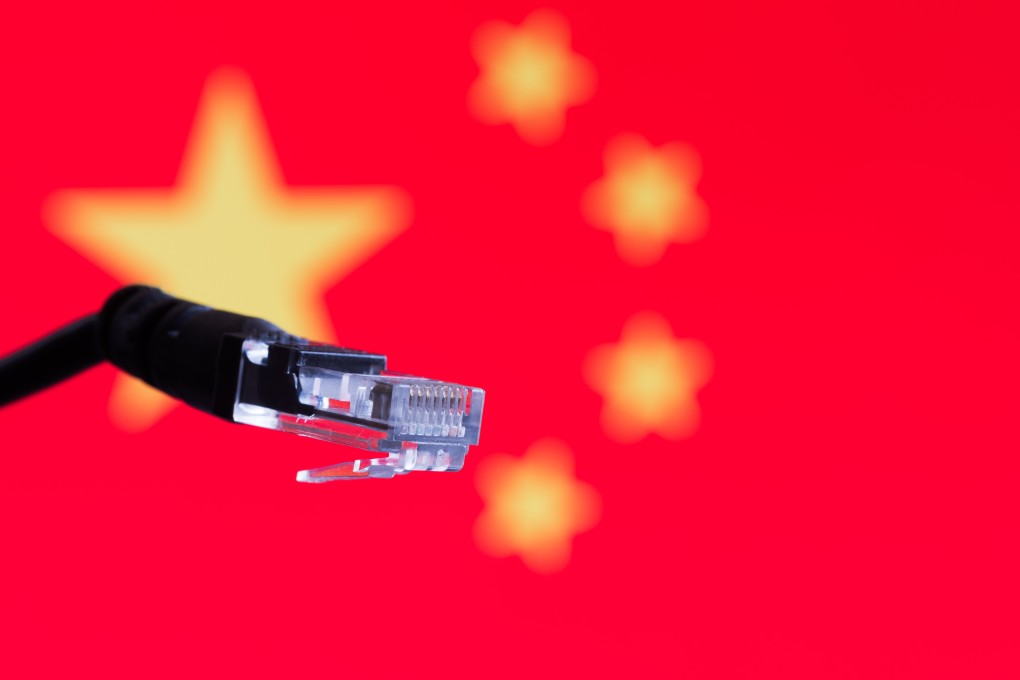China’s data protection rules among ‘core challenges’ facing British firms, despite steps to open economy
- Beijing’s new rules on data protection, favouritism of local firms and restrictions on cross-border capital flows are major challenges for British firms
- The British Chamber of Commerce has called on China to provide clarity on data security rules that threaten integration with global operations

British businesses see China’s cybersecurity and data restrictions as among the biggest challenges to operating in the world’s second largest economy, adding to long-standing obstacles like market access and competition with state-owned enterprises, the British Chamber of Commerce said on Wednesday.
The British Chamber of Commerce has called on Chinese authorities to set clear boundaries for what is considered within the realm of national security, provide more detail on the definition of “important data” and work with foreign businesses to smooth out necessary cross-border data flows.
“There has been some market opening and positive movement on regulatory challenges, but cybersecurity and IT restrictions, accessing and moving company finances and competition with state-owned enterprises continue to inhibit the growth of British companies operating in China,” the business lobby said in its latest position paper.
“The core challenges facing British businesses in China remain largely unchanged from last year.”